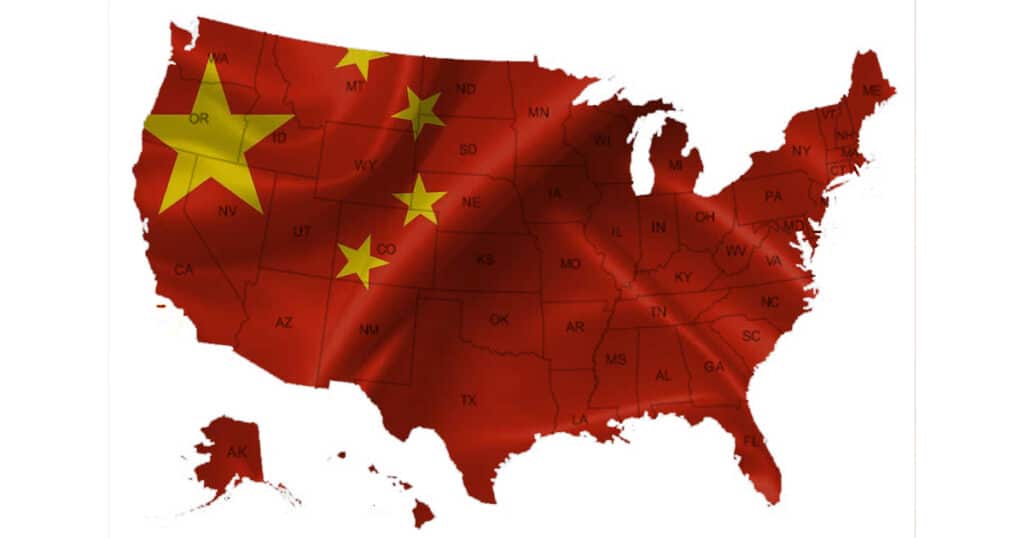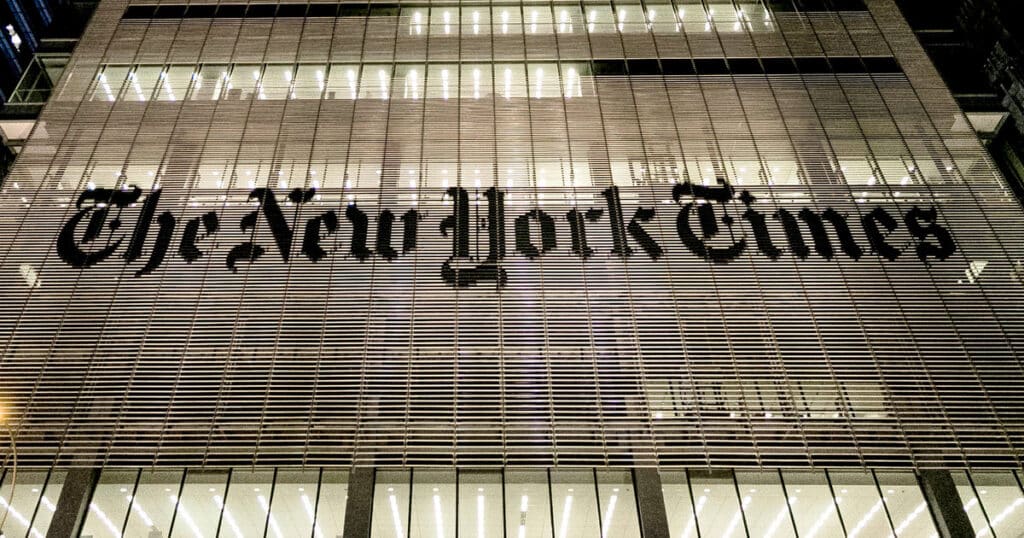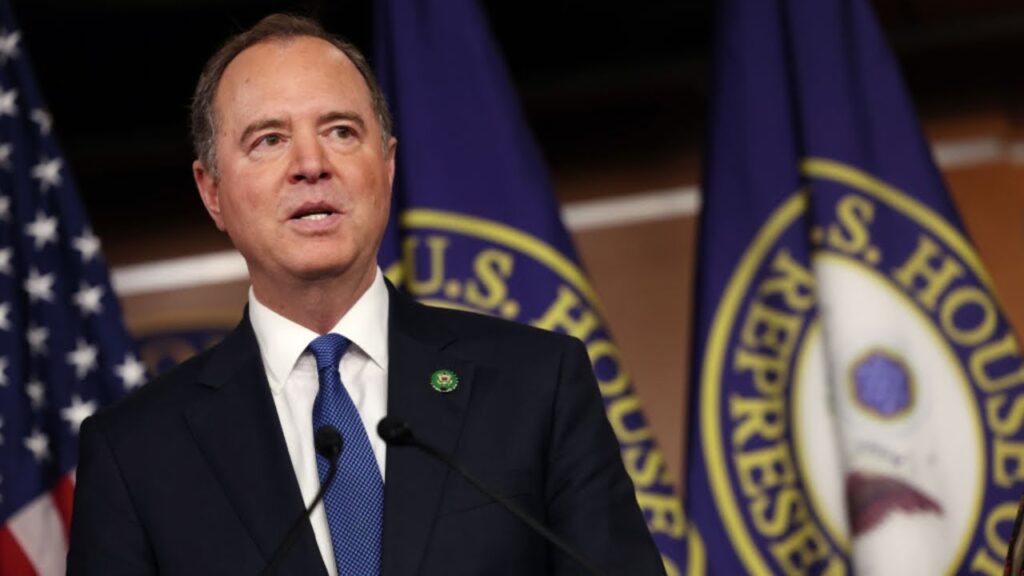
China retailers Shein, Temu avoid U.S. tariffs as labor practices in question
(The Center Square) – As U.S. businesses struggle with inflationary pressures, Chinese online retailers Shein and Temu are gaining marketshare among American consumers despite accusations they sell substandard products made with forced labor. They also mostly avoid U.S. tariffs on Chinese products because of a loophole in the law.
An antitrust advocate says Congress and the next president of the United States should do something about it.
Shein and Temu have spent billions of dollars in online American advertising with social media companies such as Meta, parent of Facebook and Instagram, and Google to promote cheap products in their online marketplaces. Items listed for sale include beauty products for young women and girls for as low as a penny, and kids clothing for less than $10, well below average American direct-to-consumer merchants’ prices such as can be found at Amazon and other outlets.
But they mostly avoid U.S. import tariffs on Chinese goods because the threshold for assessing such taxes is $800 or more, according to a report from the U.S. House Select Committee on the Chinese Communist Party. Shein’s terms of service for U.S. consumers limit daily orders to $800.
“Chinese retailers appear to be avoiding tariffs by pricing individual units at absurdly low prices. Don’t get me wrong – low prices are the aim of a healthy, competitive market,” Robert H. Bork Jr., president of the Antitrust Education Project, told The Center Square. “But these prices are not the result of economic competition. They are the result of intentional economic warfare. As a result, they are exploiting our economy and effectively doing it tariff-free.”
This week, Commissioners Peter A. Feldman and Douglas Dziak of the Consumer Product Safety Commission issued a joint statement calling for the agency to investigate the two retailers after reading in media reports “that deadly baby and toddler products are easy to find on these platforms.”
In April, U.S. Sen. Marco Rubio, R-Fla., asked U.S. Department of Homeland Security Secretary Alejandro Mayorkas to investigate Shein and Temu and add them to the Uyghur Forced Labor Prevention Act list of violators, as The Center Square previously reported.
“It is past time for the Forced Labor Enforcement Task Force to begin adding entities to the UFLPA exporter list,” Rubio said. “Private firms and journalists have unearthed compelling evidence that both Shein and Temu are facilitating the entry of goods made with Uyghur forced labor.”
The two U.S. presidential candidates on the ballot in November – former President Donald Trump and Vice President Kamala Harris – have said on the campaign trail they will be stricter with Chinese goods entering the country.
Bork said whoever wins the election should stick to their word.
“While inflation is hurting American companies like the Dollar Store, Chinese Communist Party-backed SHEIN and Temu enjoy state backing to dump cheap products on our market,” Bork said. “The next president and Congress must decide whether they actually want to enforce Chinese tariffs and close the Shein/Temu loophole, or if they want to keep the current policy of tariffs in name only.”
Dan McCaleb is the executive editor of The Center Square. He welcomes your comments. Contact Dan at [email protected].



